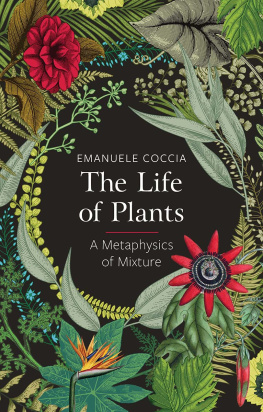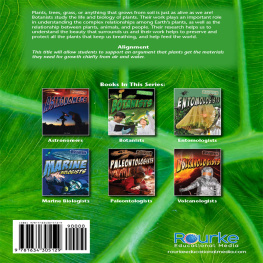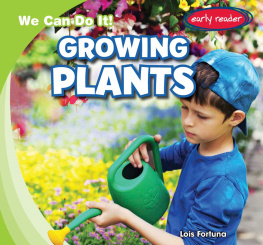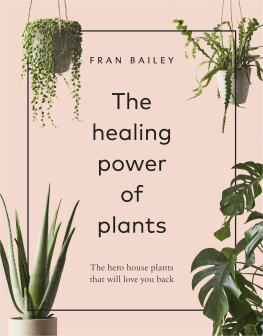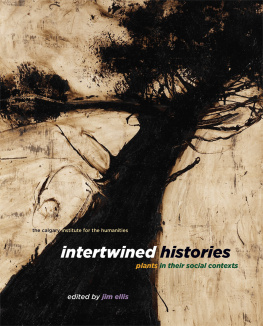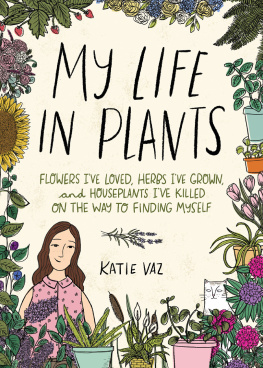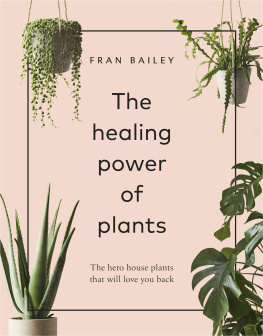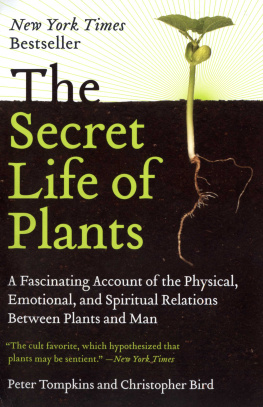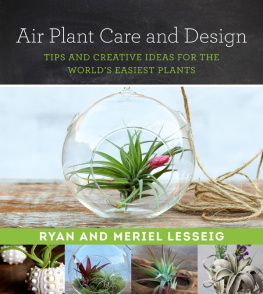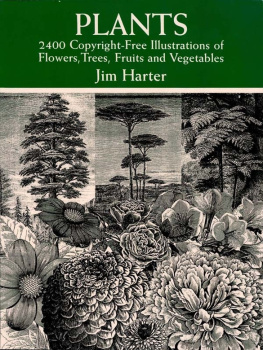Contents
Guide
Pages

The Life of Plants
A Metaphysics of Mixture
Emanuele Coccia
Translated by Dylan J. Montanari
polity
First published in French as La vie des plantes. Une mtaphysique du mlange
ditions Payot & Rivages, 2017
This English edition Polity Press, 2019
Polity Press
65 Bridge Street
Cambridge CB2 1UR, UK
Polity Press
101 Station Landing
Suite 300
Medford, MA 02155, USA
All rights reserved. Except for the quotation of short passages for the purpose of criticism and review, no part of this publication may be reproduced, stored in a retrieval system or transmitted, in any form or by any means, electronic, mechanical, photocopying, recording or otherwise, without the prior permission of the publisher.
ISBN-13: 978-1-5095-3307-7
A catalogue record for this book is available from the British Library.
Library of Congress Cataloging-in-Publication Data
Names: Coccia, Emanuele, author.
Title: The life of plants : a metaphysics of mixture / Emanuele Coccia.
Other titles: Vie des plantes. English
Description: Medford, MA : Polity, 2018. | Includes bibliographical references and index.
Identifiers: LCCN 2018019594 (print) | LCCN 2018035025 (ebook) | ISBN 9781509531554 (Epub) | ISBN 9781509531523 (hardback) | ISBN 9781509531530 (pbk.)
Subjects: LCSH: Plants (Philosophy) | Philosophy of nature. | Ontology.
Classification: LCC B105.P535 (ebook) | LCC B105.P535 C6313 2018 (print) | DDC 113/.8--dc23
LC record available at https://lccn.loc.gov/2018019594
The publisher has used its best endeavours to ensure that the URLs for external websites referred to in this book are correct and active at the time of going to press. However, the publisher has no responsibility for the websites and can make no guarantee that a site will remain live or that the content is or will remain appropriate.
Every effort has been made to trace all copyright holders, but if any have been overlooked the publisher will be pleased to include any necessary credits in any subsequent reprint or edition.
For further information on Polity, visit our website: politybooks.com
Matteo Coccia (19762001)
in memoriam
Acknowledgments
I had the idea for this book during a visit to the temple of Fushimi Inari in Kyoto in March 2009, with Davide Stimilli and Shinobu Iso. But I had to wait for a yearlong visit to Columbia Universitys Italian Academy for Advanced Studies to bring it to fruition and to find the time necessary to draft it.
I would like to thank David Freedberg and Barbara Faedda, who warmly welcomed me and, with attention and friendship, made possible numerous human and scientific exchanges. Nothing would have been possible without conversations with and daily support from Fabian Luduea Romandini. Caterina Zanfi played a major role in the genesis of this book: I thank her greatly. To Guido Giglioni I owe the discovery of the long naturalist tradition during the Renaissance and the early modern period. Nora Philippe read, reread, and commented on a preliminary version of the manuscript; her criticisms and suggestions have been crucial.
The conversations between Paris and New York, with Frdrique At-Touati, Emmanuel Alloa, Marcello Barison, Chiara Bottici, Cammy Brothers, Barbara Carnevali, Dorothe Charles, Emanuele Clarizio, Michela Coccia, Emanuele Dattilo, Chiara Franceschini, Daniela Gandorfer, Peter Goodrich, Donatien Grau, Camille Henrot, Noreen Khawaja, Alice Leroy, Henriette Michaud, Philippe-Alain Michaud, Christine Rebet, Olivier Souchard, Michele Span, Justin Steinberg, Peter Szendy, and Lucas Zwirner, have been essential. Lidia Breda supported and accompanied this project from the start, with a friendship and force that only she is capable of; I thank her ever so much. Finally, I thank Renaud Paquette, who erased the signs of stammering from my French and allowed the manuscript to come into its own.
This book is dedicated to the memory of my twin brother Matteo: it is with him by my side that I began to breathe.
Authors Preface
From the age of fourteen to the age of nineteen, I was a student in an agricultural high school in a small isolated town in the farmland of central Italy. I was there to learn a real job. So, instead of devoting myself to the study of classical languages, literature, history, and mathematics, like all of my friends, I spent my adolescence immersed in books on botany, plant pathology, agricultural chemistry, market gardens, and entomology. Plants, with their needs and illnesses, were the privileged objects of all study that took place in this school. This daily and prolonged exposure to beings that were initially so far away from me left a permanent mark on my perspective on the world. This book is the attempt to revive the ideas produced by those five years spent contemplating their nature, their silence, and their apparent indifference to everything we call culture.
It is therefore manifest that there is but one substance, not only of all bodies, but also of all souls, and that substance is nothing other than God himself. The substance from which all bodies are made is called matter; the substance from which all souls are made is called reason or mind. Therefore it is manifest that God is the reason of all souls and the matter of all bodies.
David de Dinant
This is a blue planet, but it is a green world.
Karl J. Niklas
I
Prologue
On Plants, or the Origin of Our World
We barely speak of them and their name escapes us. Philosophy has always overlooked them, more out of contempt than out of neglect.
The problem is not just one of epistemological deficiency: as animals, we identify much more immediately with other animals than with plants. In a sense, antispecies animalism is just another form of anthropocentrism and a kind of internalized Darwinism: it extends human narcissism to the animal realm.
Plants are untouched by this prolonged negligence: they affect a sovereign indifference toward the human world, the culture of civilizations, the succession of domains and ages. Plants seem absent, as though lost in a long, deaf, chemical dream. They dont have senses, but they are far from being shut in on themselves: no other being adheres to the world that surrounds it more than plants do. They dont have the eyes or ears that may have allowed them to distinguish the forms of the world and to multiply its image through the iridescence of colors and sounds that we give it. Their absence of movement is nothing but the reverse of their complete adhesion to what happens to them and their environment. One cannot separate the plantneither physically nor metaphysicallyfrom the world that accommodates it. It is the most intense, radical, and paradigmatic form of being in the world. To interrogate plants means to understand what it means to be in the world. Plants embody the most direct and elementary connection that life can establish with the world. The opposite is equally true: the plant is the purest observer when it comes to contemplating the world in its totality. Under the sun or under the clouds, mixing with water and wind, their life is an endless cosmic contemplation, one that does not distinguish between objects and substancesor, to put differently, one that accepts all their nuances to the point of melting with the world, to the point of coinciding with its very substance. We will never be able to understand a plant unless we have understood what the world is.

